Our range of interdisciplinary programs at the University of Saskatchewan provides students with the chance to delve into various aspects of water resources and security including, fieldwork, laboratory activities, policy development, or water management.
Undergraduate Programs

Environmental Engineering
College of Engineering
Develop solutions to environmental problems including water and air pollution control, recycling, waste disposal, and public health issues.
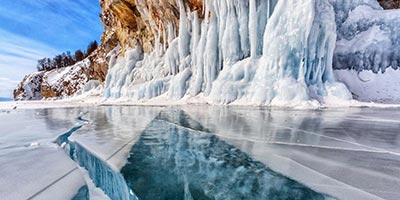
Environmental Geosciences
College of Arts and Science
Explore how geological processes have shaped the geosphere, hydrosphere, and atmosphere over geologic time and investigate impacts of human activities on these systems
Environment and Society
College of Arts and Science
Integrate social and scientific elements to address environmental problems and contribute to policy development.
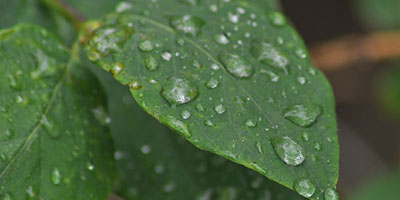
Health Studies
College of Arts and Science
The Changing Climates and Health stream provides a foundation in ecosystem and climate science, to help understand and plan for health in changing environments and public health implications of natural disasters for Indigenous populations.
Hydrology
College of Arts and Science
Learn about physical and social science perspectives focused on investigating issues related to water security
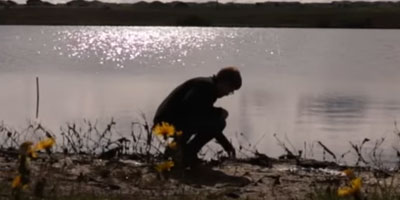
Resource Science
College of Agriculture and Bioresources
Focuses on sustainable management and use of our land, water and plant resources and provides hands-on, practical experience in field measurement and assessment.

Regional and Urban Planning
College of Arts and Science
Decisions about how communities grow are increasingly linked to public environmental consciousness, making planners one of the most active groups of professionals dealing with climate change, air and water quality and energy efficient community design.
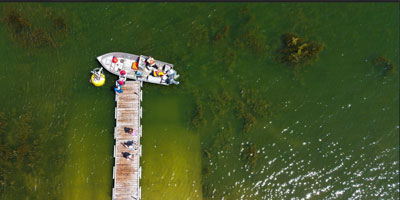
Water Science Certificate
College of Arts and Science
Provides theoretical and practical training in hydrologic science.
Graduate Programs
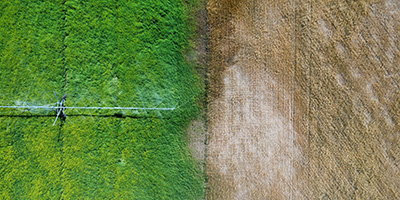
Food and Water Nexus
NSERC CREATE Program
The Food-Water Nexus Education and Training (FWNET) CREATE is an NSERC graduate training program (MSc & PhD) that will provide students with an interdisciplinary foundation to address global food-water security issues.
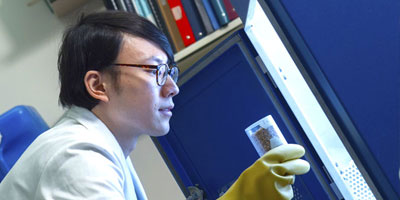
Biological Engineering
College of Engineering
Agricultural machinery design, tillage mechanics, sensors and instrumentation for agricultural and biological systems, agricultural building environments, soil and water management, waste management, cold-regions hydrology, postharvest and food engineering and value-added bioprocessing.

Governance and Entrepreneurship in Northern and Indigenous Areas
Graduate School of Public Policy
Deepens understanding of challenges of the north such as climate change and globalization while exploring solutions that also strengthen the communities and empower the region's peoples.
Geography and Planning
College of Arts and Science
The Department of Geography & Planning offers graduate programs leading to MA, MSc, and PhD degrees, including water-related research areas.
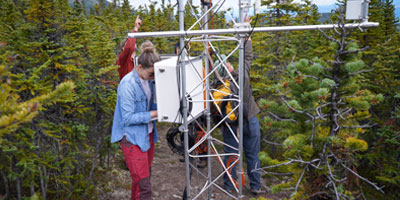
Water Resources Certificate
School of Environment and Sustainability
Focuses on enhancing foundational knowledge in water resource and hydrological theory, data analysis and modelling.
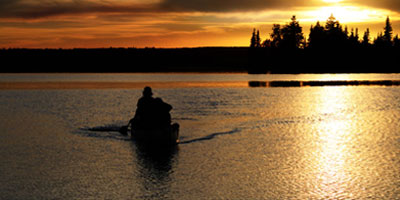
Water Security
School of Environment and Sustainability
Learn to address and investigate complex global water security issues, with training in science, engineering and policy analysis.
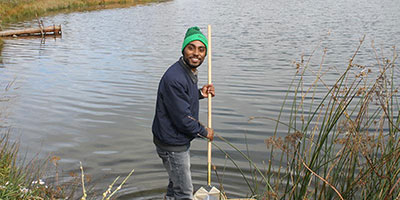
Water Science Certificate
College of Arts and Science
Tailored for practitioners with interest in the water sciences, aiming to deepen their knowledge as it relates to chemical risk, ecosystem management and hydrogeological processes.
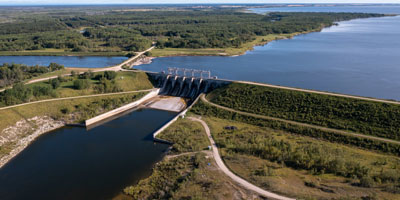
Sustainable Water Management Certificate
School of Environment and Sustainability
Focuses on human dimensions of sustainable water management, including policy approaches and public health.
Extended Learning
Non-credit community-level program.
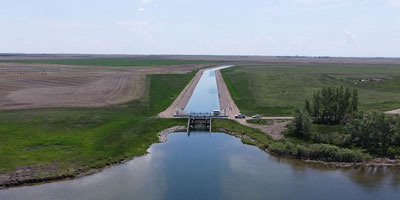
Sustainable Irrigation
Extended Learning
Focuses on developing the foundational knowledge required for sound decision making in sustainable irrigated agriculture.
Courses
Study Abroad Opportunity
- GEOG 498 Costa Rica Local Water Security (Taught Abroad)
Agriculture and Bioresources
Arts and Science
- GEOG 225.3: Fundamentals of Hydrology
- GEOG 233.3: Weather and Climate
- GEOG 290.3: Field Methods in Hydrology
- GEOG 325.3: River Systems
- GEOG 328.3: Groundwater Hydrology
- GEOG 390.3: Methods in Hydrometeorology
- GEOG 827.3: Principles of Hydrology
- GEOG 884.3: Water Resource Planning and Management
- INDG 201.3: Introduction to the Health and Well-being of Indigenous People
- INDG 321.3: International Indigenous Disaster Risk Reduction
- PLAN 329.3: Integrated Water Resource Planning
Engineering
- CE 826.3: Water Chemistry
- CE 327.3: Municipal Engineering
- CE 415.3: Structures for Water Management
- CHE 454.3: Design of Industrial Waste Treatment Systems
- CE 464.3: Water Resources Engineering
- CE 825.3: Biological Waste Water Treatment
- CE 834.3: Water Resources Development
- ENVE 414.3: Water and Wastewater Engineering
- ENVE 482.3: Solid Waste Engineering and Management
- ENVS 813.3: Numerical Modelling for Environmental Scientists and Engineers
Environment and Sustainability
- ENVS 806.3: Field Skills in Environment and Sustainability
- ENVS 820.3: Water and Human Health and Wellbeing
- ENVS 821.3: Sustainable Water Resources
- ENVS 815.3: Modelling for Water Security
- ENVS 816.3: Chemicals in Aquatic Systems
- ENVS 817.3: Fundamentals of Hydrogeology
- ENVS 819.3: Catchment Hydrology
- ENVS 829.3: River Lake and Wetland Science
JSG School of Public Policy
Public Health
